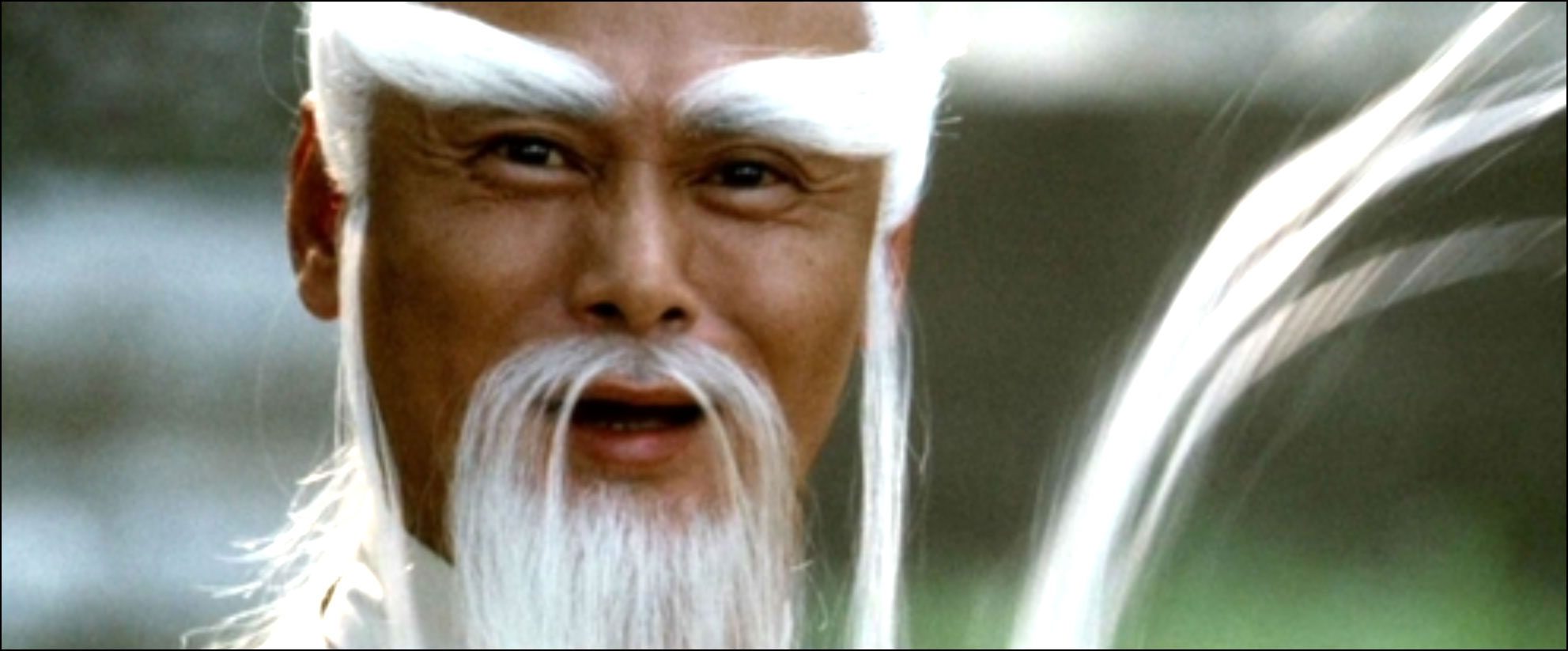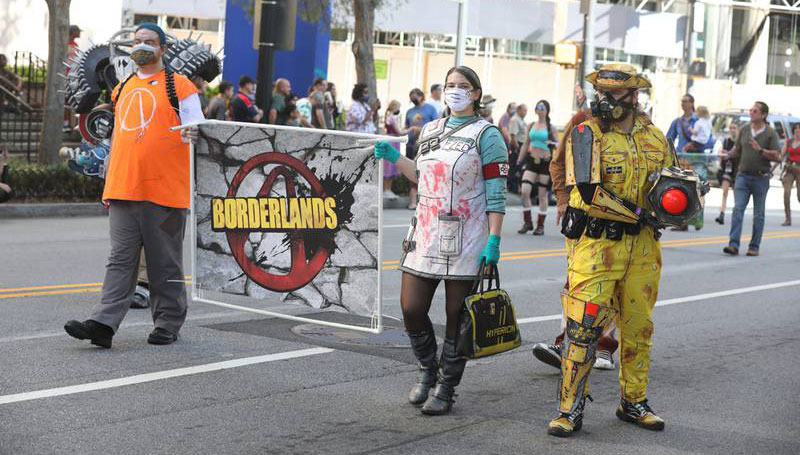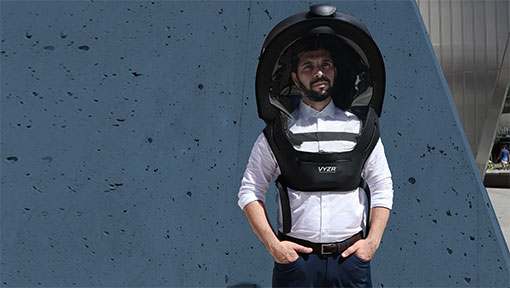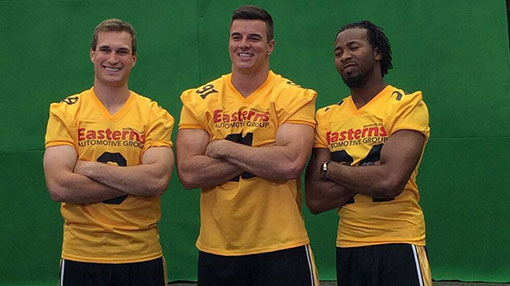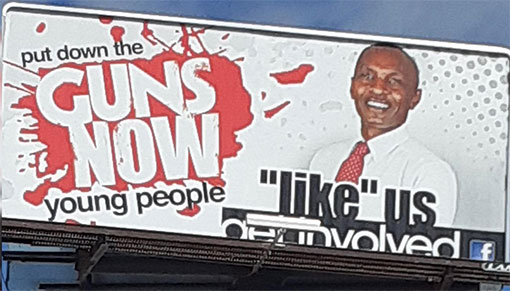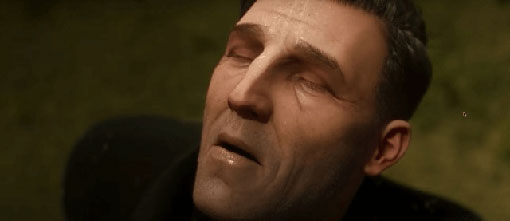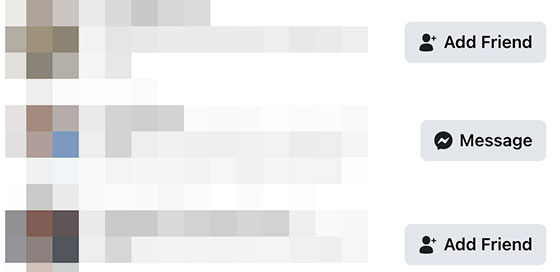
To my knowledge, short of third-party plug-ins or software, it’s not easy to really know when the people you know on social media unfriends you. Maybe if you don’t have a generally high number of online friends and a pretty good memory, one might be able to notice the lack of a name or three in their respective lists, but for the most part, it’s not something that’s pretty easy to do, at least in my estimation.
I like to think that I don’t have a tremendous number of online friends, but it still encroaches over 100 people. That said, it’s still easy to not notice when some names might not be present anymore, which seems to really be the only tell of when you’ve been unfriended by others.
Recently, a friend of mine sent out a group invitation for their wedding. I hold this person in very high regard, so I will most definitely be making the effort to go to the wedding, in spite of it being numerous states away and will require the logistical efforts that go along with parenting young children.
As we have a number of mutual friends, out of curiosity I clicked on the members tab to see if I could get some hints to the people I may be coming across at the eventual wedding. As expected, I saw quite a number of familiar names and faces, and felt a modicum of excitement at the idea of finally getting to see some people after many years and pandemic-related reasons for being unable to connect for a while.
And then I noticed something: next to some of these names that I thought I was already friends with, were +Add Friend buttons. Now unless I’m missing something here, that means to me that I had been unfriended by these particular people.
Obviously, if I’m expending the effort to brog about it, I am taking it probably more personally than I should be, but honestly? It’s hard for someone like me not to, because in spite of distance, time, or general lack of maintenance, these are people that I still consider friendlies in life, and at the very least would enjoy knowing the feeling is mutual enough to warrant keeping as friends status on their fucking Facebook pages.
I know that I didn’t unfriend them, because I don’t ever unfriend people, save for some pretty extreme circumstances. In fact, I remember the last time I unfriended someone, and I regret doing it because I felt that I was pressured to do it and didn’t really do it on my own accord, but the circumstances were pretty extreme. But usually if my opinion on a Facebook friend sours, or I’m just tired of the shitposting I think they do, then I just perma-mute them, or snooze them for 30 days at a time and repeat it every month.
Just because I don’t always like the stuff they post doesn’t mean I don’t think of them as at least acquaintances, because everyone is different in person than their online behavior indicates. Outright unfriending people, at least to me, there’s an air of, I no longer wish to care about you any further, and that is kind of a shitty sentiment to pass onto someone else. Maybe I’m making a bigger deal about this than I should, but it’s definitely some food that my mind has been thinking on for a day.
There’s also something subtly arrogant about unfriendings. Because I like to think I know the people who have unfriended me well enough to be able recollect instances in the past where they’ve made posts about their intentions or acts of doing unfriending sessions, and up until the cuts where I didn’t make it, I could be subconsciously pleased that I was thought enough of to remain alive on their lists.
Regardless, the act of unfriending either comes off arrogant and/or is examples of recency bias, because it makes me think the people doing them think highly enough of themselves and their number of internet friends to where surfing the news feed is such a chore that they need to cull down the numbers to better filter the shit they want to see, as opposed to the shit that comes from their supposed friends, regardless of if they really want to or not. Or, I feel like I’m getting cut, and people they’ve never met, or people they hardly know, remain, because they need constant attention, and don’t need a silent lurker like me to occupy one of their precious 5,000 spots.
Anyway, that’s my word vomit on this particular topic. The reality is that regardless of my apparent unceremonious cutting from these peoples’ internet lives, I still don’t wish them any ill will or hold any genuine animosity towards them. This is the equivalent of silently busting their balls at their arrogance of thinking they’re so important that they can’t possibly have a pleeb like me associated with them.
The chances are high that I’ll run into some of these folks at the wedding, if the stars line up and most of the people in this group also make the trip. We might very well sit at similar tables, share drinks, stories, reminisce and possibly be in pictures together. It will in all likelihood be good times, but back on the internet we may as well remain strangers, as long as they’re too good to remain friends with me online.
